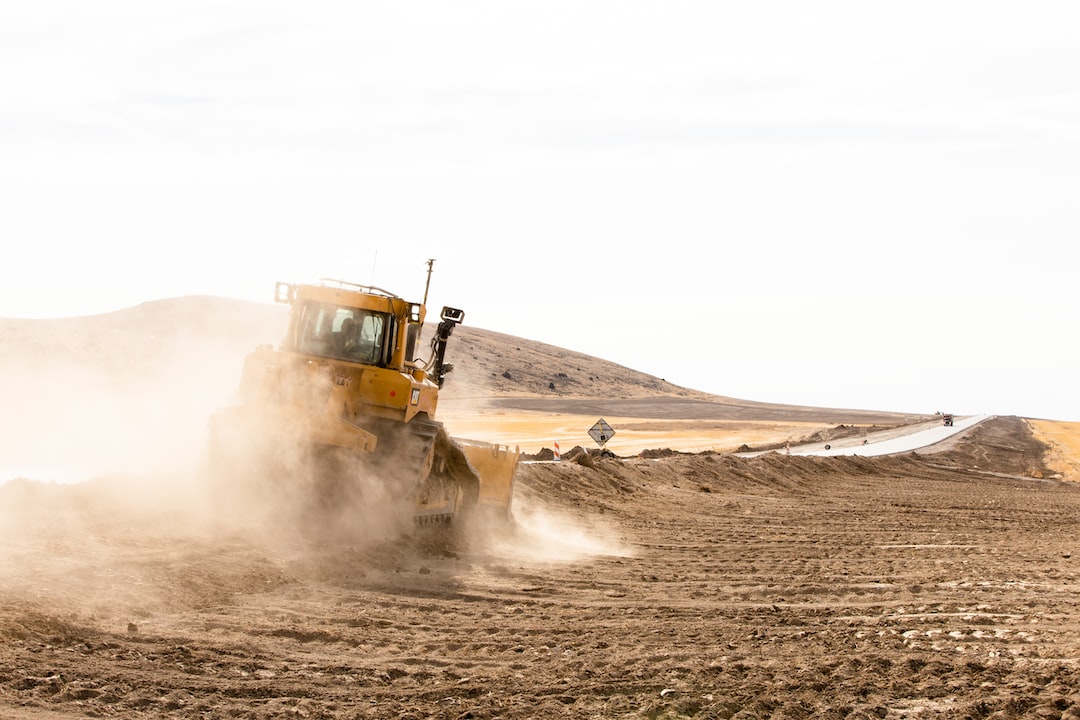The Evolution of Robotics in Engineering and Its Impact on Society
In recent years, there has been a remarkable evolution in robotics, particularly in the field of engineering. Robots are becoming increasingly sophisticated, capable of performing complex tasks, and are being integrated into various industries. The impact of robotics on society is enormous, with implications for economic growth, job creation, and overall quality of life.
One of the areas in engineering where robotics has made significant strides is manufacturing. In the early days of industrialization, factory workers performed repetitive tasks that were physically demanding and monotonous. Today, robots have taken over these tasks, improving overall efficiency, accuracy, and safety. They can work tirelessly without fatigue and deliver consistent results. This has resulted in increased productivity, reduced costs, and improved product quality.
Robots are not limited to traditional manufacturing. They are increasingly being used in construction projects as well. These machines can perform tasks such as bricklaying, welding, and demolition, which are often hazardous for humans. By taking on these physically demanding jobs, robots help to enhance safety in the industry and free up human workers to focus on more complex, strategic tasks. This trend is expected to continue, with robots being utilized in infrastructure development projects, thus saving time and money.
Another significant application of robotics in engineering is in the field of healthcare. Surgical robots are revolutionizing the way surgeries are performed. These machines can provide precision and dexterity that surpasses human capabilities, resulting in reduced risks and faster recovery times for patients. Robotic prosthetics have also made remarkable advancements, allowing people with disabilities to regain their independence and improve their quality of life. As robotics technology continues to advance, there is immense potential for further innovation in healthcare, leading to breakthroughs in treatment and diagnosis.
The impact of robotics on society extends beyond industry and healthcare. In transportation, autonomous vehicles are set to transform how we move goods and people. These self-driving cars and trucks have the potential to improve road safety, reduce traffic congestion, and lower carbon emissions. With increased automation, transportation will become more efficient, less reliant on human error, and ultimately more sustainable.
However, the increasing presence of robots also raises concerns about job displacement. As robots take over certain tasks that were traditionally performed by humans, there is a fear that job opportunities will diminish. While this is a valid concern, it is important to note that robotics has the potential to create new jobs as well. As automation takes over repetitive and physically demanding tasks, humans can shift towards more creative, strategic roles that require problem-solving and critical thinking skills. Additionally, the development, maintenance, and programming of robots themselves create a whole new spectrum of employment opportunities. The key lies in adapting our workforce and educational systems to ensure that individuals are equipped with the skills needed to thrive in the evolving job market.
Furthermore, as robotics becomes more prominent in society, there are ethical considerations that need to be addressed. For instance, the use of military robots raises concerns about the potential for autonomous weapons and the implications for warfare. Striking a balance between technological advancements and ethical guidelines is crucial to ensure that robots are used in a responsible and beneficial manner.
In conclusion, the evolution of robotics in engineering has had a profound impact on society. From improving productivity and safety in manufacturing and construction to revolutionizing healthcare and transportation, robots are reshaping various industries. While concerns about job displacement and ethical considerations are valid, it is important to embrace the potential benefits brought about by robotics. By careful consideration, regulation, and adaptation, we can harness the power of robotics to create a society that is more efficient, safe, and ultimately enhances the quality of life for all.


